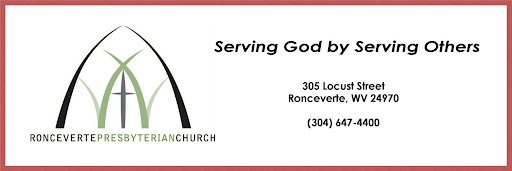Stephen Baldwin
OT: Genesis 18.20-32
NT: Luke 11.1-13
Why do you pray?
We’ve all been
doing a lot of praying lately. Today’s
scriptures are about people praying as well.
This is not a regular sermon; I want to invite you for the next five
minutes or so to think thoughtfully and truthfully about prayer. Let’s begin with a question.
Why do you pray?
Think about it for a minute. Why
do you pray? What are your expectations
of God when you pray? Do you want a
response? Do you expect action? Do you intend to persuade God? Do you presume that you have information God
doesn’t?
Truth be told,
most of the time we pray we want something.
Not just something silly or frivolous.
Usually we want something good.
We want our loved ones to be well.
We want our family to be safe. We
want our jobs to be meaningful. So we
pray about it. Right? We ask God to protect those dear to us, to
grant us peace, to provide mercy.
There’s an idea in
our world: It doesn’t hurt to ask. All
they can do is say no. Might as well ask
for what you want. Ask for a bigger
budget. Ask for a raise. Ask for more. You might not get as much as you want, but if
you ask you’re more likely to get what you need. Ask, because you know better, and you won’t
get anything unless you ask. Right? Makes sense…in the world. But not with God.
Abraham was
concerned that God was going to destroy Sodom & Gomorrah while there were
still good people there. So he
prays. “Please don’t destroy Sodom and
Gomorrah. There are still good people
there.”
And what does God
say? I would never destroy a city if
there is even one good person there.
Abraham never had to ask. It’s
not as if his prayer was the key to saving Sodom and Gomorrah. God already wanted to do that.
When you pray for
a family member who is sick, asking God to grant them peace and healing, God
wants exactly the same thing. When you
pray for a neighbor to get back on their feet, God wants exactly the same
thing.
So if the point of
prayer isn’t to change God’s mind, then whose mind does prayer change? Ours.
When we pray as Jesus taught us in today’s scripture—first giving thanks
to God, then for our own needs, then for our neighbors, and finally for
forgiveness, prayer shapes us into the kind of people God intends for us to be. It makes us humble enough to know our place
in the world, and it also makes us humble enough to know that we can help be
part of God’s plans. We can make the
kingdom come one prayer at a time, one small action at a time.
Why do you
pray? To praise God? Sure.
To ask for what you need?
Sure. To ask for what your loved
ones need? Sure. To ask for forgiveness? Sure.
But you don’t get it because you ask; you get it because God wants to
give it to you, and your prayers make sure you are ready to receive the mercy
God has already intended for you.
If a child asks
for a fish, will he be given a snake? Of
course not. If ten good people remain in
Sodom & Gomorrah, will God wipe it off the map? Absolutely not.
Don’t get it twisted
about why you pray. It’s not to change
God’s mind. It’s to shape our mind. So say your prayers tonight. Say your prayers tomorrow morning. Say your prayers tomorrow afternoon. Allow yourself to be shaped by God through
your prayers. Amen.

